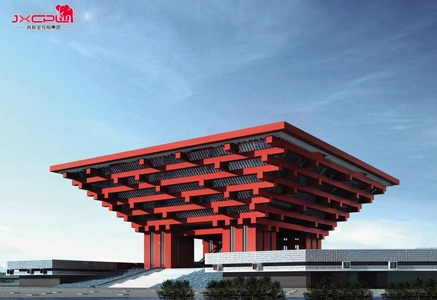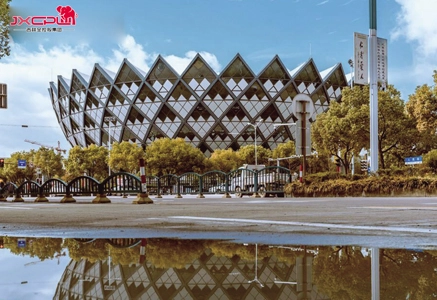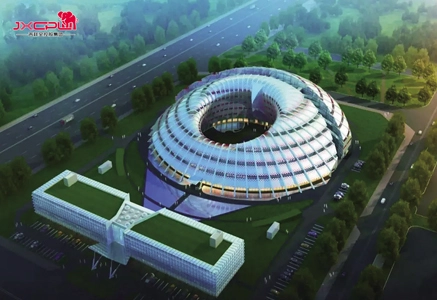EN
Aluminum panels and aluminum composite panels (ACPs) are widely used in construction and architectural design. Both materials have unique qualities and benefits, but they’re also distinct in terms of composition, functionality, and applications. So, how do you decide which one is the best choice for your project?
Why Are Aluminum Panels Popular in Construction?
Aluminum panels have become popular for their strength, lightweight nature, and corrosion resistance. This material works well in various environments and architectural styles, making it a versatile option in construction.
Understanding the Basics of Aluminum Composite Panels
Aluminum composite panels, or ACPs, bring additional benefits to the table. They are essentially "sandwiched" panels with aluminum on the outside and a core material in the middle, offering flexibility in design, strength, and durability in challenging weather conditions.
Aluminum panels are sheets made from aluminum, a highly durable and flexible metal. These panels are often used in construction for their lightweight and aesthetic appeal, offering various finishes and colors.
Material Composition of Aluminum Panels
Aluminium solid panels are typically crafted from solid aluminum, making them dense and sturdy. Some variations may have additives or coatings to improve their performance, especially in outdoor settings where exposure to the elements is a factor.
Types of Aluminum Panels in the Market
Aluminum panels come in different styles, depending on the project's needs. Here are some common types:
Solid Aluminum Panels: Known for their strength and durability, ideal for outdoor use.
Perforated Aluminum Panels: Feature holes or patterns for ventilation or decorative purposes.
Textured Aluminum Panels: Often used for aesthetic purposes, providing a unique look and feel.
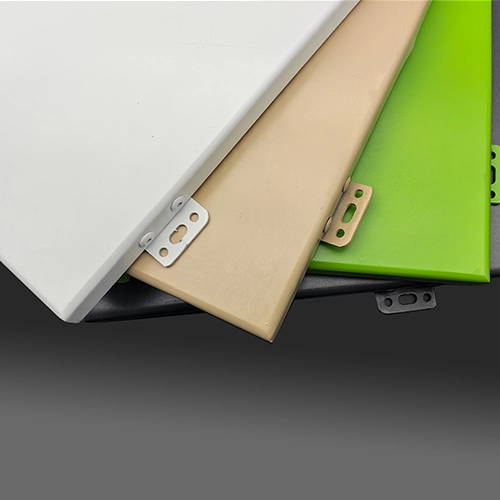
Aluminum composite panels or aluminum sandwich panels are a more complex material, combining aluminum sheets with a non-aluminum core. This structure provides the material with added flexibility, lightness, and improved insulation.
Core Composition of Aluminum Composite Panels
The core of an ACP is usually made from polyethylene or a fire-resistant material, which is sandwiched between two layers of aluminum. This layered structure gives ACPs their lightweight nature and thermal resistance.
Types of Aluminum Composite Panels Available
There are different ACP types based on their core composition and intended use:
Polyethylene (PE) Core ACPs: Ideal for interior use, offering a lightweight solution for indoor applications.
Fire-Resistant (FR) Core ACPs: These panels have a mineral-filled core for enhanced fire resistance, making them safer for external facades.
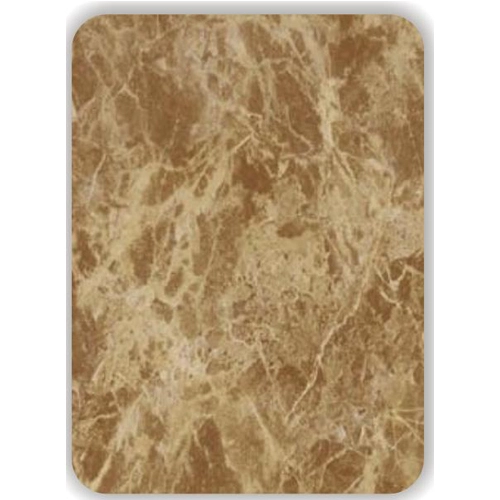
Understanding the distinct qualities of each type can help you choose the best material for your project. Here are the primary differences:
Aluminum Panels: Made from solid aluminum, offering robustness.
ACPs: Consist of an aluminum shell with a core, offering flexibility and added insulation.
ACPs are generally lighter than solid aluminum panels, thanks to their non-metal core. This feature makes them easier to install and transport.
Both materials are durable, but ACPs are known for better insulation and weather resistance due to their composite structure. This makes them particularly suitable for projects in extreme climates.
Aluminum panels offer several advantages, but there are also some limitations.
Advantages of Using Aluminum Panels
Durability: Aluminum panels are highly durable and resistant to rust.
Aesthetic Appeal: Available in various finishes and colors.
Ease of Maintenance: Easy to clean and maintain over time.
Disadvantages of Using Aluminum Panels
Weight: Heavier than ACPs, which may require more structural support.
Less Flexible: Limited design flexibility compared to ACPs.
ACPs are a popular choice, particularly in commercial and high-rise projects, but they also come with pros and cons.
Advantages of Using Aluminum Composite Panels
Lightweight: Easier to install and transport.
Versatile Designs: Offers flexibility in design and finishes.
Thermal Insulation: Provides better insulation than solid aluminum panels.
Disadvantages of Using Aluminum Composite Panels
Higher Cost: Often more expensive than standard aluminum panels.
Possible Fire Hazard: Non-FR core panels can pose fire risks in certain settings.
Aluminum panels are frequently used in construction, especially for outdoor applications.
Best Uses for Aluminum Panels in Construction
These panels are ideal for exterior cladding, facades, and other applications that require strong, weather-resistant materials.
How Aluminum Panels Are Used in Modern Architecture
In modern architecture, aluminum panels are valued for their clean, sleek appearance, often used in contemporary building designs.
ACPs are highly versatile and have a wide range of applications in both commercial and residential projects.
Why ACPs Are Popular in Commercial Projects
ACPs offer durability, flexibility, and fire resistance, making them suitable for high-rise buildings and commercial spaces.
Uses of ACPs in Residential and Interior Design
In residential projects, ACPs are often used for kitchens, bathrooms, and other interior designs that benefit from lightweight, stylish, and easy-to-clean materials.
Cost is always a consideration when choosing materials, especially for large projects.
Factors Affecting the Cost of Aluminum Panels
The cost of aluminum panels depends on factors like thickness, finish, and installation requirements.
Cost Considerations for Aluminum Composite Panels
ACPs can be pricier due to their complex composition and additional benefits, like insulation. However, they may save costs in the long run due to ease of maintenance.
Selecting the right material depends on the specific requirements of your project.
Factors to Consider for Your Project Needs
Consider factors like weight, cost, fire resistance, and insulation needs when choosing between these materials.
Which is Better for Commercial vs. Residential Use?
For commercial projects, ACPs are often a better fit due to their flexibility and fire resistance. For smaller, residential projects, solid aluminum panels can be a durable, cost-effective choice.
In summary, both aluminum panels and aluminum composite panels are excellent materials for various construction needs, each with unique strengths. Aluminum panels offer solid, straightforward durability, while ACPs provide flexibility, design versatility, and insulation. By weighing the pros and cons, you can select the material that best suits your project’s demands, budget, and environmental considerations.
